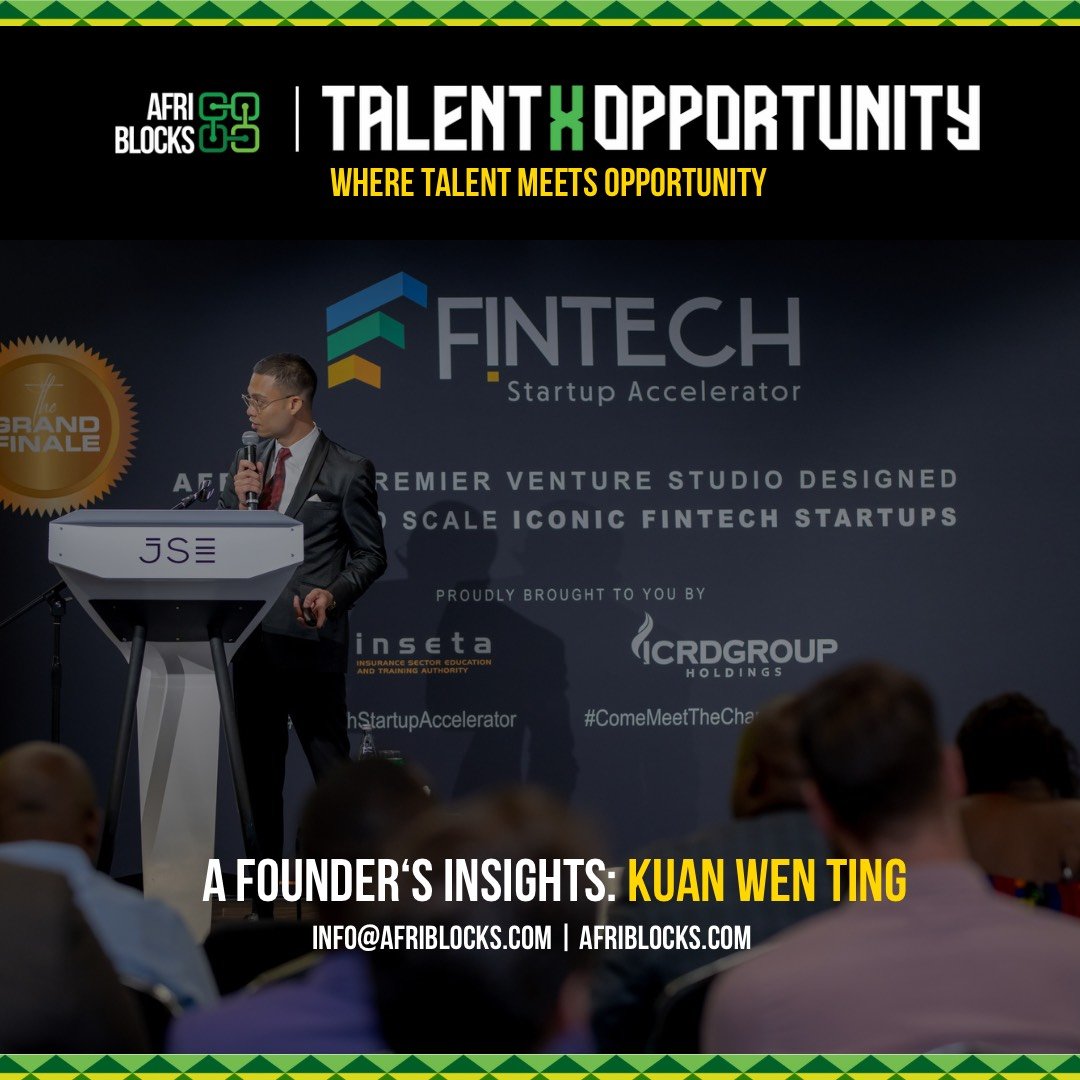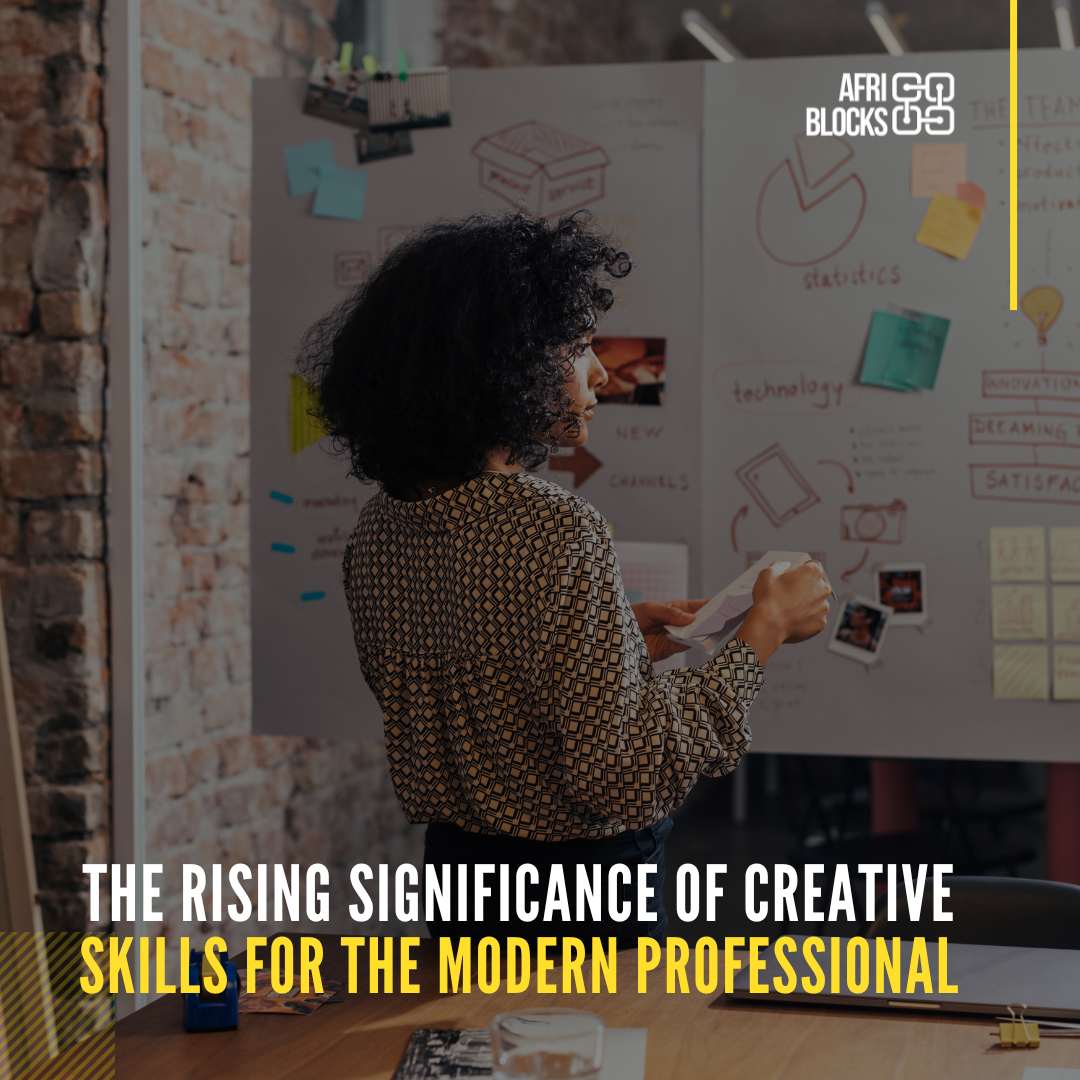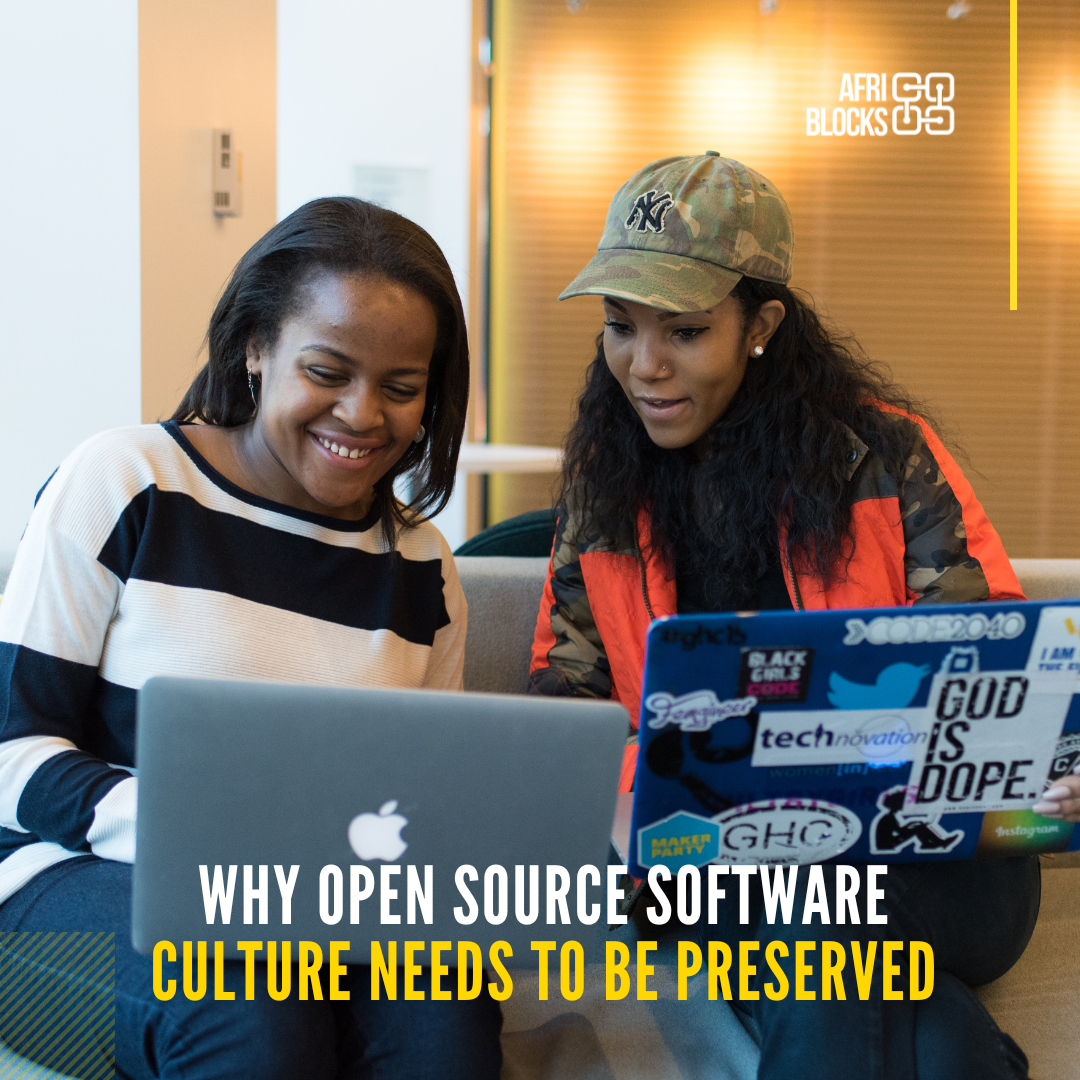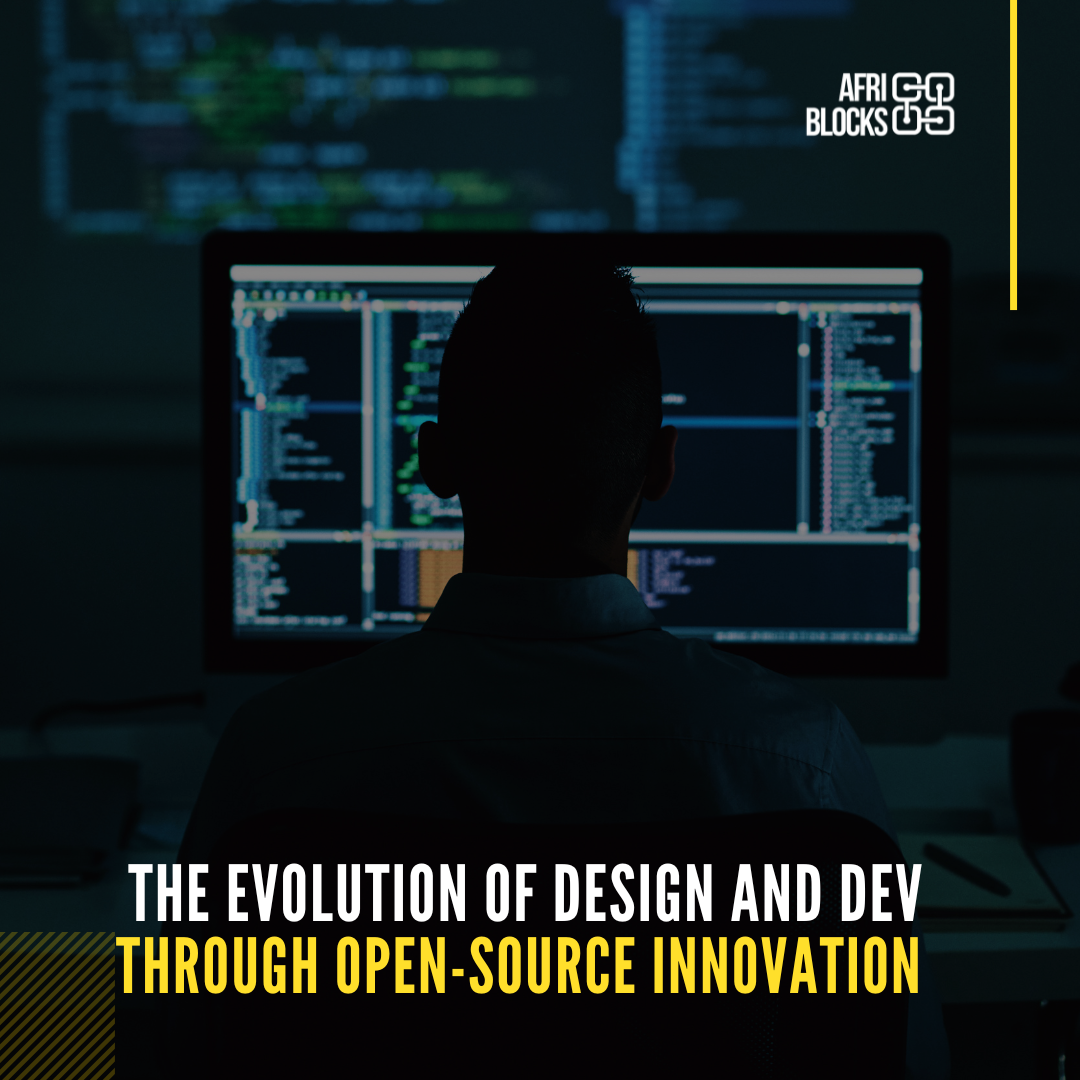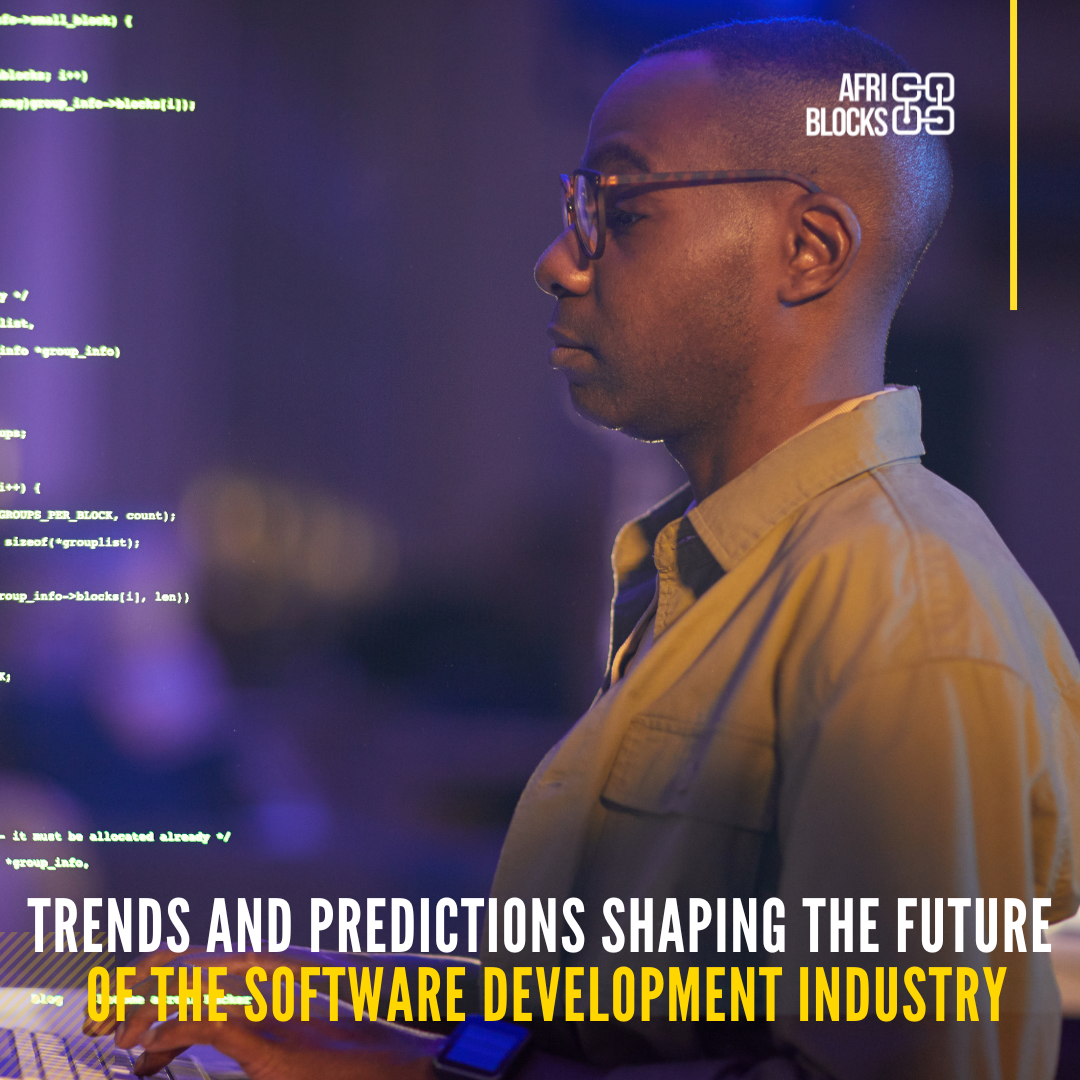
AfriBlocks Network
The ongoing discussion surrounding skill-based learning versus knowledge-based learning continues to influence education and employment practices globally. As individuals and companies alike grapple with the changing demands of the workforce, understanding the distinctions between these approaches and their implications for contemporary hiring considerations becomes paramount.
Defining Skill-Based Learning and Knowledge-Based Learning
Skill-based learning focuses on developing specific abilities, competencies, and practical expertise that can be applied directly to tasks or roles. This approach emphasizes hands-on experience, problem-solving, and proficiency in specific tools or techniques. Examples of skill-based learning include vocational training, apprenticeships, and practical workshops.
On the other hand, knowledge-based learning places emphasis on acquiring information, facts, theories, and concepts within a particular subject area. This approach typically involves traditional classroom instruction, reading textbooks, and memorization of information. Knowledge-based learning aims to build a foundational understanding of a subject or field.
Distinguishing Characteristics
One key distinction between skill-based learning and knowledge-based learning lies in their application. Skill-based learning prioritizes the acquisition of practical abilities that can be directly applied in real-world scenarios. Conversely, knowledge-based learning focuses on acquiring theoretical understanding and conceptual knowledge, which may not always translate directly into practical skills.
Furthermore, skill-based learning often involves experiential learning methods such as simulations, projects, and hands-on activities, fostering active engagement and immediate feedback. In contrast, knowledge-based learning tends to rely more on passive absorption of information through lectures, readings, and presentations.
Relevance to Modern Hiring Considerations
In today's competitive job market, the balance between skill-based learning and knowledge-based learning has shifted, with many employers placing greater emphasis on practical competencies and hands-on experience. Evidence of this can be seen through the growth of the gig economy. Several factors contribute to this trend:
- Rapid Technological Advancements: The pace of technological innovation requires employees to adapt quickly and possess relevant skills to leverage new tools and technologies effectively. Companies prioritize candidates who demonstrate proficiency in the latest software, programming languages, and digital platforms. For this reason, many freelance professionals now specialize in niche parts of their industry.
- Changing Nature of Work: As industries evolve, the nature of work undergoes transformation, creating demand for specialized skills and expertise. Employers seek candidates who can demonstrate specific abilities related to their industry or role, such as data analysis, project management, or communication skills.
- Focus on Performance and Results: In today's results-driven environment, employers value candidates who can deliver tangible outcomes and contribute to organizational success. Skill-based learning emphasizes practical application and performance, aligning with the outcomes-driven mindset of modern workplaces.
- Adaptability and Agility: The ability to adapt to change and learn new skills quickly has become increasingly important in a dynamic business environment. Employers prioritize candidates who demonstrate flexibility, agility, and a willingness to upskill or reskill as needed to meet evolving demands.
Implications for Job Seekers
For job seekers, understanding the shift towards skill-based learning can inform their approach to education and professional development. Here are some strategies to enhance employability in light of these trends:
- Focus on Practical Experience: Seek opportunities to gain hands-on experience through internships, co-op programs, freelance projects, or volunteer work. Building a portfolio of tangible achievements and demonstrating proficiency in relevant skills can enhance your marketability to employers.
- Invest in Lifelong Learning: Embrace a mindset of continuous learning and skill development to stay relevant in the job market. Pursue certifications, online courses, workshops, and professional development programs to acquire new skills and stay abreast of industry trends.
- Develop Transferable Skills: While technical skills are essential, don't overlook the importance of transferable skills such as communication, problem-solving, collaboration, and adaptability. These skills are valued across industries and can differentiate you as a well-rounded candidate.
- Highlight Achievements and Results: When applying for jobs, focus on showcasing your accomplishments and the tangible results you've achieved through your skills and expertise. Quantify your achievements whenever possible to demonstrate your impact and value to potential employers.
In the ongoing debate between skill-based learning and knowledge-based learning, the shifting dynamics of the modern job market have placed greater emphasis on practical competencies and hands-on experience. While knowledge remains valuable, employers increasingly prioritize candidates who can demonstrate the ability to apply their skills effectively in real-world contexts. By investing in skill-based learning, staying adaptable, and continuously updating their skill set, job seekers can position themselves for success in today's competitive hiring landscape.
Backed by TechStars and Google; AfriBlocks equips users with a talent platform that streamlines the process of connecting with top affordable African freelancers. Making it easier to find, vet, hire, and pay African talent.
Post A Job to support: https://afriblocks.com/request-a-service


